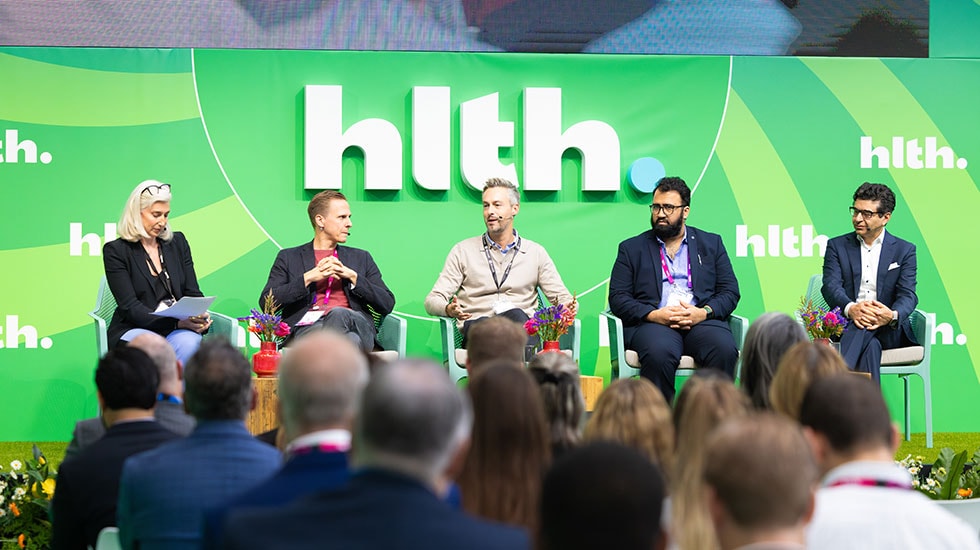Generative AI in healthcare – exploring the possibilities
At HLTH Europe 2024, Shez Partovi, Philips Chief Innovation & Strategy Officer, joined industry experts and academics to discuss the benefits and risks of exploiting generative AI in healthcare
Jul 04, 2024 | 1 minute read
Generative AI has been hailed by some as one of the solutions to many of today’s health system problems – staff shortages, staff pressure, increasing case numbers and complexity, and escalating healthcare costs. At the 2024 HLTH Europe Conference in Amsterdam, Shez Partovi, Philips’ Chief Innovation & Strategy Officer, joined fellow experts in the field of healthcare to discuss whether those claims are true. The overall conclusion was a definite yes, but with important reservations about trust, governance, and implementation. It was a highly relevant conversation, as the 2024 Future Health Index global report: Better care for more people – an independent survey of 3,000 healthcare professionals in 14 countries – shows that over 90% of the healthcare informatics professionals surveyed said they were already investing in generative AI or plan to do so in the next three years.

Shez was joined in the discussion by other thought leaders – Felix Nensa, Founder & Professor at University Medicine Essen; Arnaud Wilmet, Chief Medical Information at Nuance, a Microsoft company; Haris Shuaib, Chief Executive Officer at Newton’s Tree; and Sara Siegel, Global Head of Health at Deloitte, who moderated the session. Key themes that came up throughout the discussion focused on the potential of generative AI to help free up time for clinicians to focus on patients, enhancing patient and staff experience, as well as some of the challenges in terms of implementation and the importance of understanding the risks.
Watch the full panel discussion below.









